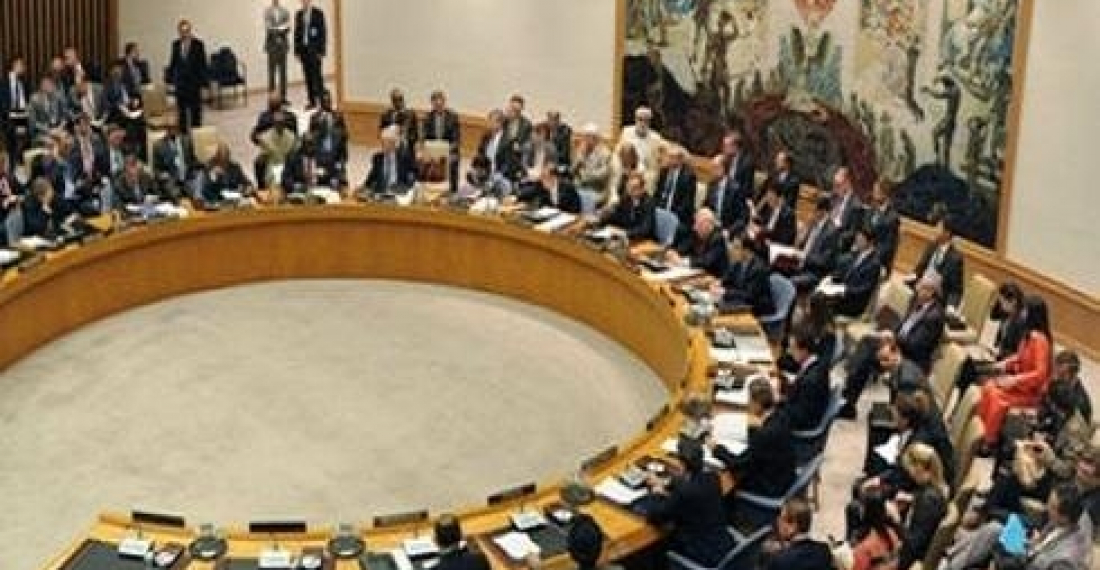The President of Azerbaijan, Ilham Aliev yesterday opened the 6765th session of the United Nations Security Council in New York and chaired the first meeting. Azerbaijan has the Chairmanship of the Council for the month of May under the system of rotating chairmanship between the fifteeen members of the Council which include the five permanent members (Britain, China, France, Russia and the US) and ten members elected for two years by the General Assembly.
The focus of the current session is the anti terrorist struggle. President Aliev said that “Azerbaijan strongly condemns all the forms of terrorism. We consider all terror acts as a crime and they should be condemned and punished. Terrorists should not be given pretext for their acts. Terror acts can not be justified regardless of their motivation."
The meeting of the Security Council comes ahead of next month’s review by the General Assembly of the United Nations Global Counter-Terrorism Strategy.
In his speech the Azerbaijani leader also referred to the Nagorno-Karabakh conflict and linked terrorism with "agressive separatism, extremism and organised crime". Aliev also accused Armenia of ethnic cleansing during the Karabakh conflict.
Commonspace.eu political editor said that Aliev's speech "indicates that Azerbaijan will try to use the platform of the Security Council to bring the Karabakh conflict to the attention of the international community. It will however not be possible to push the Council to adopt any meaningful resolution on Karabakh since the Permanent members are still committed to the Minsk Process as the mechanism to deal with the efforts to resolve it, and a role for the UN at this stage is not envisaged. There may however be some humanitarian asspects of the problem that may be taken up by the world body and it is likely that Azerbaijan will have a strategy to push in this direction over the coming months."
source: commonspace.eu
photo: The President of Azerbaijan addressing the opening of the 6765 session of the united Nations Security Council in New York on 4 May 2012 (picture courtesy of the Press Service of the President of Azerbaijan).







